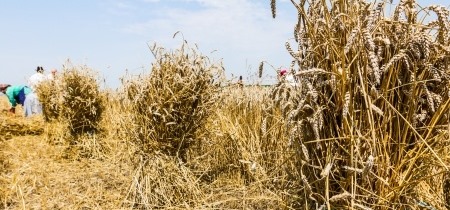-
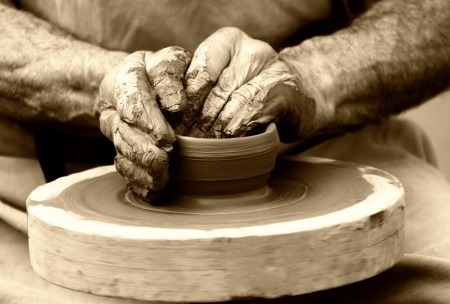
The Potter and the clay
Every day we get up and face life with all its challenges. Life can be difficult and often is. We all suffer in some way and some, like Job, suffer in many ways at the same time. It seems to me, from personal experience, but also from speaking to other people, that life’s challenges have…
-
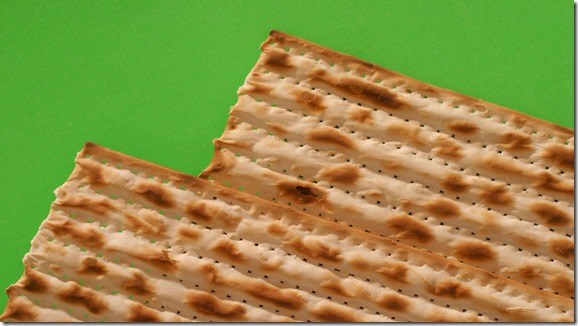
Unleavening our lives…its all about intimacy
Spring is in the air; the Barley is aviv and the new moon has been sighted. A new year has begun! It is almost Pesach, and we are in the final stages of searching and removing the leaven from our homes. This physical action, to remove leaven has a deep spiritual significance. Leaven is symbolic…
-
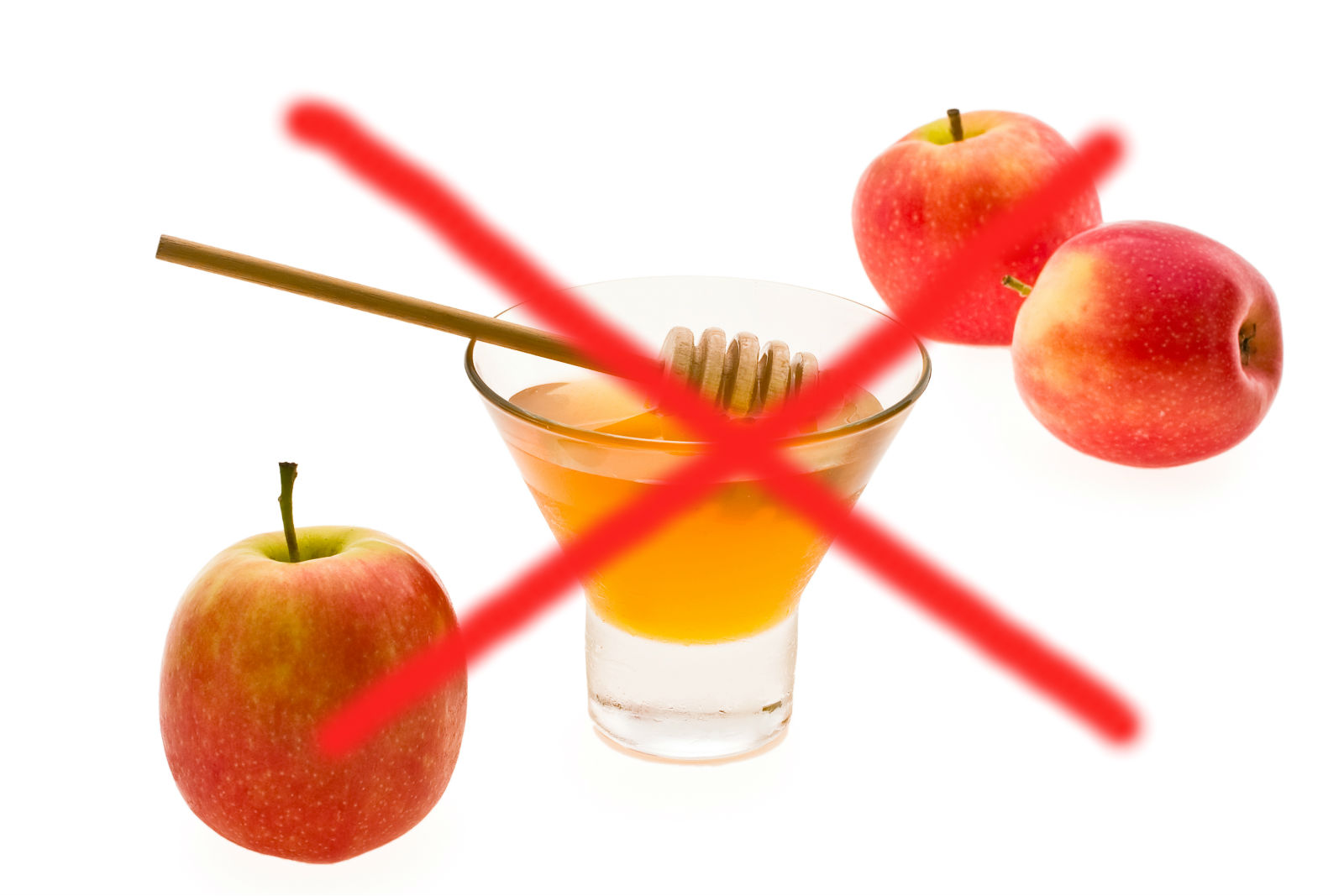
Yom T’ruah is not Rosh haShanah
During this time of year we hear a lot of discussions as to whether or not we should join in the celebration of Rosh haShanah (Head of the new Year). We all know that Exodus 12:2 specifically tells us that the beginning of the year is in Aviv (spring time). Yet, we hear some very…
-
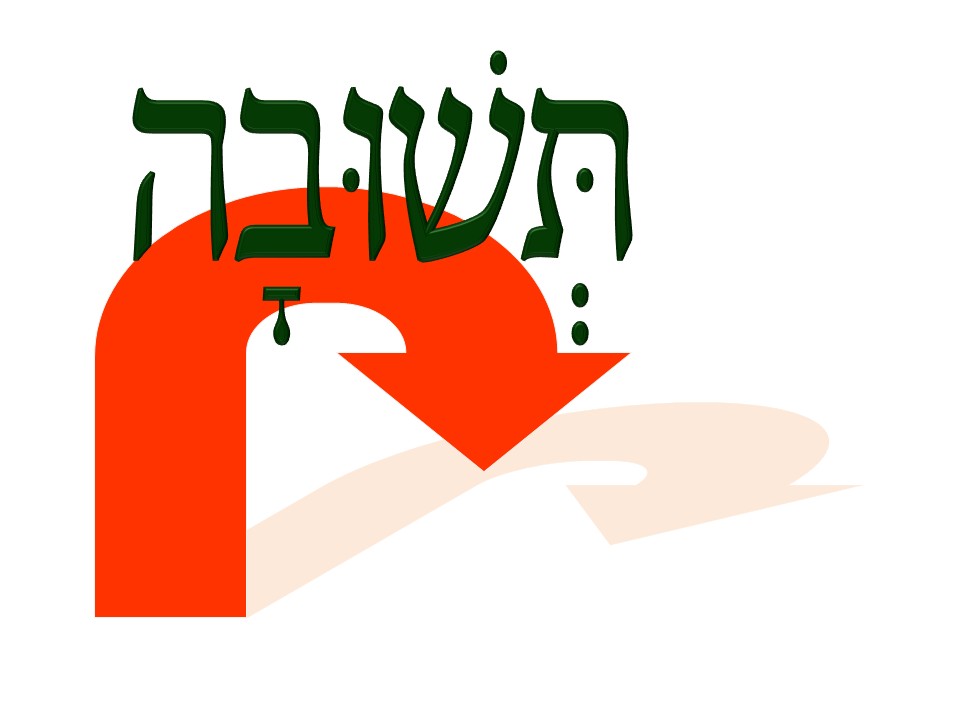
Teshuvah…Sin takes us away from YHVH, repentance brings us closer
We all sin, no matter how hard we try not to. We are human – we sin in our thoughts, in the words we speak and in the things we do. You don’t have to go far to see the result of sin. In other people’s lifes and even our own lifes. How do we…
-

Origin of New Year on January 1st
What is the origin of the New Years celebrations on 1 January?

